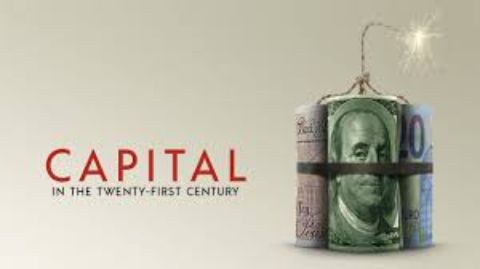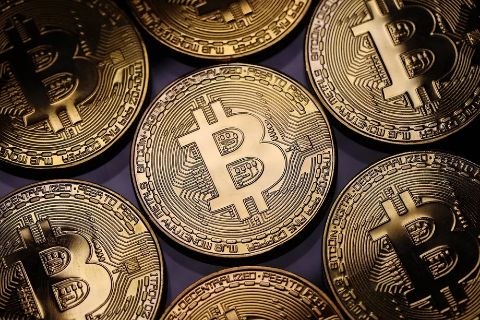The Decade the Rich Won • 2022
The people with power in Britain reveal how their decisions shook our politics, transformed our economy and reshaped society in the decade following the 2008 financial crisis. Chapter 1: The Government and the Bank of England took drastic action to save the UK economy in the aftermath of the 2008 financial crisis. Insiders from the world of finance reveal how decisions made to solve the crisis allowed them to 'make out like bandits". From bailing out the banks to pursuing a faster, deeper austerity than any other country, Britain's policymakers shatter the status quo in a desperate bid to save the economy. This first of two programmes features first-hand accounts from key players, reliving the moments when the big decisions were taken. Chapter 2: The government and the Bank of England are forced to react to the economic shocks brought on by Brexit and the Covid-19 pandemic. Theresa May enters office in the aftermath of Brexit, setting her sights on tax-dodgers, bloated executive pay and unethical multi-national companies. But as May struggles to implement Brexit, wealth inequality and executive pay are increasing while average wages are barley growing, sparking anger and protests. After May fails to get her Brexit deal through Parliament, Boris Johnson enters office promising to "level up" the UK economy but his plan is derailed by the Covid-19 pandemic.
Make a donation
Buy a brother a hot coffee? Or a cold beer?
Hope you're finding these documentaries fascinating and eye-opening. It's just me, working hard behind the scenes to bring you this enriching content.
Running and maintaining a website like this takes time and resources. That's why I'm reaching out to you. If you appreciate what I do and would like to support my efforts, would you consider "buying me a coffee"?
Donation addresses
BTC: bc1q8ldskxh4x9qnddhcrgcun8rtvddeldm2a07r2v
ETH: 0x5CCAAA1afc5c5D814129d99277dDb5A979672116
With your donation through , you can show your appreciation and help me keep this project going. Every contribution, no matter how small, makes a significant impact. It goes directly towards covering server costs.





